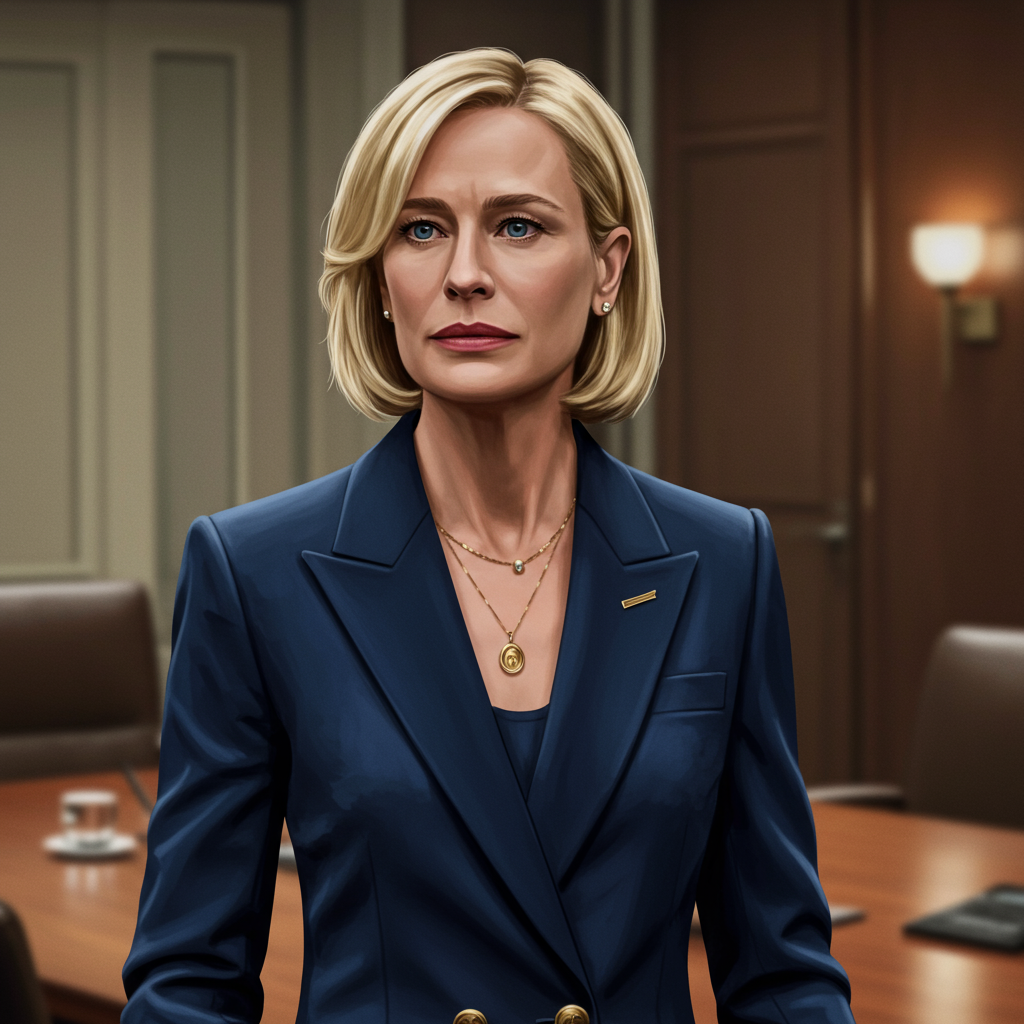Barbara Walters was a titan of television journalism, a legendary broadcaster who broke barriers and interviewed the world’s most influential figures. But behind the groundbreaking career and the polished on-screen presence lay a complex personal life, marked by the profound challenges of balancing relentless professional ambition with the deep desire for family. A new documentary, “Barbara Walters Tell Me Everything,” streaming on Hulu, offers an intimate look at the woman behind the icon, revealing the significant sacrifices she made, particularly concerning her relationship with her only daughter, Jacqueline (Jackie).
Through never-before-seen archival footage and candid interviews with friends and colleagues like Oprah Winfrey and Cynthia McFadden, the film explores the often-painful intersection of Walters’ public success and her private struggles as a mother.
The Path to Motherhood: Adoption and Hope
Barbara Walters became a mother later in life. After enduring three miscarriages, she and her second husband, Lee Guber, adopted Jacqueline Dena Guber in 1968. The process was unconventional, with Walters initially keeping the adoption quiet to protect the biological mother’s privacy. For Walters, who longed for a child, Jackie was a source of immense joy. She named her daughter after her older sister, who was developmentally disabled, hoping it would give her sister a sense of connection to a child. Walters famously described Jackie as being “born in my heart,” emphasizing the powerful bond that transcended biology. In a tender moment captured on a hot mic in 1977, she confided to Dolly Parton that adopting Jackie was “the best thing I ever did.”
Career Takes Flight: The Growing Divide
Walters’ career soared shortly after Jackie’s adoption. She joined ABC News in 1976, becoming the first female anchor of a network evening news program. Her groundbreaking roles continued with “20/20” and the launch of “The View.” However, this meteoric rise came at a personal cost. Walters herself acknowledged that her career took a toll on her marriage, which ended in divorce in 1976. “I don’t think I was very good at marriage,” she reflected in a 2014 special. “It may be that my career was just too important… and I wasn’t willing perhaps to give that much.”
Balancing her demanding work schedule, which often involved extensive travel for high-profile interviews, with raising a child was incredibly challenging, especially given the societal norms of the era. Walters noted that unlike today, bringing a child to the office back then was practically unthinkable, “as if I had brought a dog who was not housebroken.” This lack of flexibility and integration between her professional and personal worlds created significant distance.
Navigating Teenage Turmoil
The challenges intensified as Jackie entered her teenage years. Having a celebrity mother created unique pressures, something Walters later admitted she didn’t fully grasp at the time. Jackie reportedly struggled with personal issues during these years, including drug use and partying. The difficulties culminated in a dramatic incident when, around age 15 or 16, Jackie ran away from home and was missing for a month, eventually being found in New Mexico.
In a difficult decision, Walters sent a former Green Beret to retrieve her daughter and enrolled her in an “emotional growth school” in Idaho for troubled teens, where Jackie remained for three years. Though painful at the time, Jackie later credited this school with saving her life, and her relationship with her mother reportedly began to improve through writing letters during this period.
In a 2001 special focusing on adopted families, Cynthia McFadden interviewed Jackie about her upbringing. When asked whether being adopted or being the child of a famous woman was harder, Jackie’s immediate and clear answer was the latter. She later expressed regret for her difficult teenage years, saying she was “sorry for my whole teenage years. It was awful.”
An Outsider’s View: Oprah Winfrey’s Perspective
Fellow broadcasting icon and friend Oprah Winfrey offers a poignant perspective in the documentary, describing the mother-daughter relationship as “charged, complex.” Winfrey shared that while Walters once encouraged her to have children, observing Walters’ own experience led Winfrey to a different conclusion. “I was like ‘OK, but I’m looking at you. So no,'” Winfrey recounted, implying that she saw the immense personal cost of Walters’ ambition.
Winfrey concluded that she couldn’t “do both well” – excel in her career and be a mother – and that Walters’ relentless drive meant she would never prioritize family over a major story. “You are a pioneer in your field, and you are trying to break the mold for yourself and the women who follow you,” Winfrey noted, “then something’s going to have to give for that. And that is why I did not have children. I knew I could not do both well.”
A Friend’s Insight: Cynthia McFadden
Cynthia McFadden, a longtime ABC News correspondent and friend, also provides insights in the film. She points out that Jackie wasn’t entirely alone, having a father and a governess. However, McFadden confirms Walters often admitted to making mistakes as a mother and prioritizing her work. McFadden observed that friction in their relationship stemmed partly from Walters’ intense ambition contrasting with Jackie’s more non-competitive disposition. She characterized their bond as a “struggle,” clarifying that while they loved each other deeply, the relationship didn’t always meet either woman’s hopes. McFadden felt the difficulties were “really on the adult side of the equation.”
Later Reflections and Lingering Regrets
Even at the height of her success and later in life, Walters expressed sadness about the sacrifices she made. According to McFadden, their relationship became “shaky” again as Walters aged, remaining a source of pain. Comparing her life to a friend with a large family, Walters once lamented, “I mean, how rich you are, four children, 11 grandchildren — that’s richness. But I don’t have that. I didn’t take that path.”
Towards the end of her career, Walters reportedly expressed her “biggest heartbreak” was the strained relationship with her daughter, something she felt she “couldn’t fix.” A particularly poignant reflection captured Walters stating, “On your deathbed, are you going to say, ‘I wish I spent more time in the office?’ No. You’ll say, ‘I wish I spent more time with my family,’ and I do feel that way. I wish I had spent more time with my Jackie.”
The Bond Endures
Despite the very public challenges and private heartaches, Barbara and Jackie’s relationship evolved. As adults, they reportedly grew closer, finding a deeper appreciation for each other. In a 2008 interview, Jackie expressed that she and her mother had come to “appreciate each other’s quirks,” stating she would want to be friends with her mother even if they weren’t related and that they believed “100% in each other.”
Jackie, who later ran a wilderness therapy program for troubled teens inspired by her own experiences, has largely remained out of the public eye, a choice her mother understood, acknowledging that being the child of someone famous was difficult for her. While Jackie did not participate in the new documentary, her past perspectives, shared in archival interviews, are included.
The documentary “Barbara Walters Tell Me Everything” ultimately portrays a woman who achieved unparalleled professional success but grappled with the profound personal cost. It highlights the love between a mother and daughter alongside the unique struggles created by one woman’s pioneering ambition in an unforgiving era for working mothers. It serves as a powerful reminder that even legends face heartbreaks and regrets, and that balancing the demands of a monumental career with the deeply personal role of motherhood was perhaps Barbara Walters’ toughest interview of all.
References
- abcnews.go.com
- people.com
- www.dailymail.co.uk
- <a href="https://www.huffpost.com/entry/oprah-winfrey-barbara-walters-motherhoodn684c4e04e4b0897e37f9bd3b”>www.huffpost.com
- www.yahoo.com



